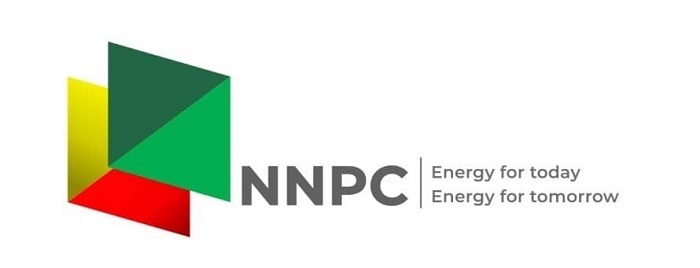The Nigerian National Petroleum Company (NNPC) Limited has reacted to a claim by the Comptroller-General of Customs, Hameed Ali, that the figures released by the state oil company for the daily consumption of premium motor spirit (petrol) in the country is inflated.
Speaking last Thursday when he appeared before the House of Representatives’ Committee on Finance at the continued hearing on the proposed 2023-2025 Medium Term Expenditure Framework and Fiscal Strategy Paper in Abuja, Ali had argued that the NNPC could not scientifically prove the 98 million litres per day consumption it was claiming, alleging that the nation’s oil company.
“If we are consuming 60 million litres of PMS per day, by their own computation, why would you allow the release of 98 million litres per day? If you know this is our consumption, why would you allow that release? Scientifically, you cannot tell me that if I fill my tank today, tomorrow, I will fill the same tank with the same quantity of fuel. If I am operating a fuel station today and I go to Minna depot, lift petrol and take it to Kaduna, I may get to Kaduna in the evening and offload that fuel. There is no way I would have sold off that petrol immediately to warrant another load. So, how did you get to 60 million litre per day? That is my problem,” Ali had said.
But reacting to the Customs Comptroller-General’s accusation, NNPC’s Group General Manager, Public Affairs Division, Garba Deen Muhammad, said between January and August 2022, the total volume of petrol imported into the country was 16.46 billion litres.
According to the company, the figure represents an average supply of 68 million litres per day.
He said petrol import into the country in 2021 was 22.35 billion litres, which translated to an average supply of 61 million litres per day.
“The NNPC Ltd notes that the average daily evacuation (depot truck out) from January to August 2022 stands at 67 million litres per day as reported by the Nigerian Midstream and Downstream Petroleum Regulatory Authority (NMDPRA).
“Daily evacuation (depot load outs) records of the NMDPRA do carry daily oscillation ranging from as low as four million litres to as high as 100 million litres per day.
“The NNPC also wishes to point out that rising crude oil prices and PMS supply costs above PPPRA (now NMDPRA) cap had forced oil marketing companies’ (OMCs) withdrawal from PMS import since the fourth quarter of 2017.
“In the light of these challenges, NNPC has remained the supplier of last resort and continues to transparently report the monthly PMS cost under-recoveries to the relevant authorities.
“NNPC Limited also notes that the average Q2, 2022 international market-determined landing cost was US$1,283/MT and the approved marketing and distribution cost of N46/litre.
“The combination of these cost elements translates to a retail pump price of N462/litre and an average subsidy of N297/litre and an annual estimate of N65 trillion on the assumption of 60 million litres daily PMS supply.
“This will continuously be adjusted by market and demand realities.
“NNPC Ltd shall continue to ensure compliance with existing governance framework that requires the participation of relevant government agencies in all PMS discharge operations, including Nigerian Ports Authority, Nigerian Midstream and Downstream Petroleum Regulatory Authority, Nigerian navy, Nigeria Customs Service, NIMASA, and all others,” the NNPC spokesman said.
The state oil corporation, however, said it recognised the impact of maritime and cross-border smuggling of petrol on the overall supply framework.
It also acknowledged the possibilities of other criminal activities in the petrol supply and distribution value chain.
“As a responsible business entity, NNPC will continue to engage and work with relevant agencies of the government to curtail smuggling of PMS and contain any other criminal activities. We will continue to deliver on our mandate to ensure energy security for our country with integrity and transparency. We invite any forensic audit of the PMS supply and subsidy management framework of the NNPC,” Muhammad added.


Comment here